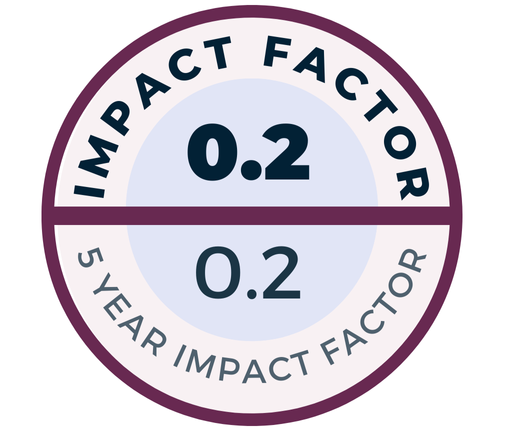Objective: The present study aimed to investigate the effects of Sulindac on cell viability, cell cycle and angiogenesis in pharyngeal cancer cell lines (FaDu).
Methods: FaDu cells were incubated in a medium in a 5% CO2 incubator at 37°C, after which they were proliferated and passaged. IC50 concentration was used to determine the Sulindac dose. Cells were analyzed for cell viability, cell count and cell cycle after Sulindac administration. Immunohistochemistry (vascular endothelial growth factor receptor 2) and western blot (A disintegrin and metalloproteinase with thrombospondin-like motifs 1-ADAMTS1) analyses were used for angiogenesis assessment.
Results: Cell viability decreased in pharyngeal cancer cells after Sulindac administration. In addition, FaDU cells were arrested in the G2/M phase. Sulindac was found to slightly increase vascular endothelial growth factor receptor 2 (VEGF-R2) and decrease ADAMTS1 levels in pharyngeal cancer cells.
Conclusion: Sulindac showed positive results on cell proliferation in the treatment of pharyngeal cancer cells. However, it could cause a slight increase in angiogenesis.

.jpeg)
